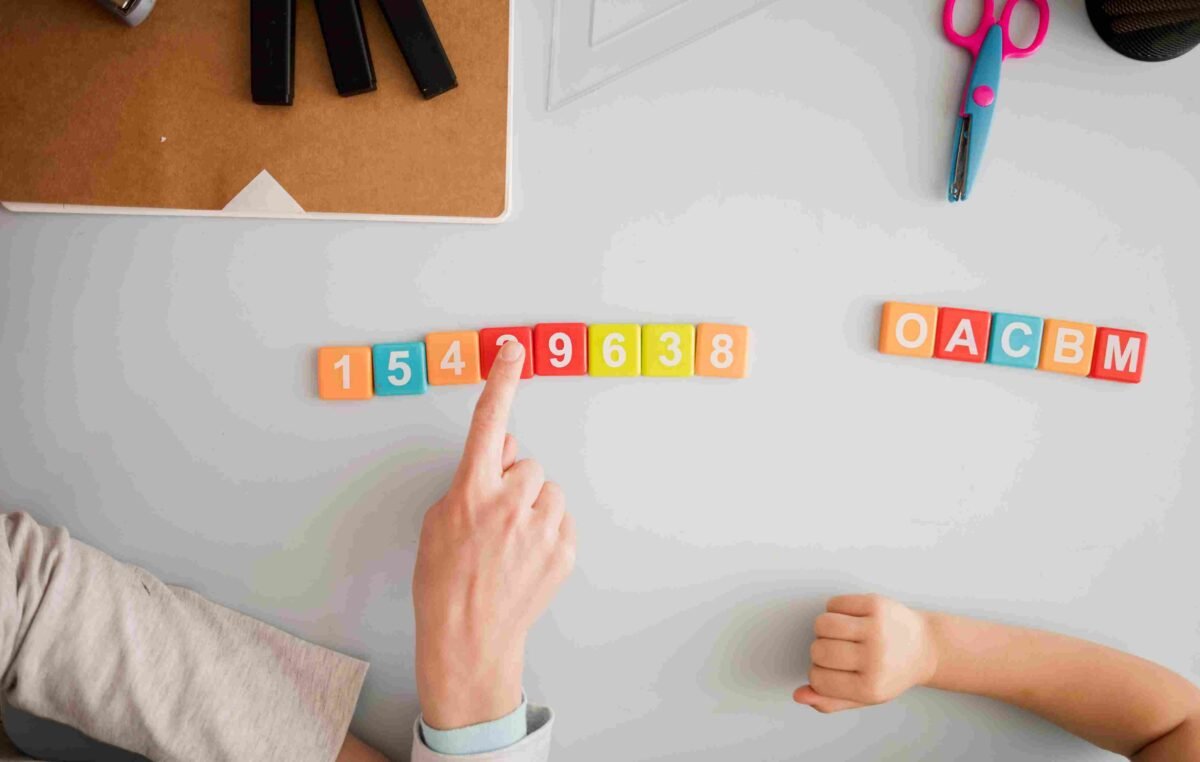In the grand game of chess, endings rarely unfold the way we imagine at the opening move. Players may begin with strategies carefully rehearsed, only to find themselves navigating a battlefield littered with unexpected turns, blunders, and ingenious recoveries. The climactic moment—checkmate or stalemate—does not merely mark the conclusion of a match; it embodies the entire narrative of anticipation, resilience, and adaptation that has transpired on the 64 squares. Much like life, the endgame often defies prediction, leaving participants with outcomes they neither planned nor fully controlled.
Psychology of Expectation in Chess
One of the most fascinating aspects of chess lies in its capacity to challenge human expectations. At the start of a game, players often visualize victory, sometimes even envisioning precise sequences that will lead to a triumphant checkmate. However, the truth is that no matter how brilliant the opening, the journey is fraught with complications. The human brain craves certainty, but chess thrives on uncertainty.
This interplay of planning versus reality mirrors everyday experiences. Just as in life, where we prepare for milestones but face unforeseen obstacles, in chess we must cope with evolving circumstances. The ending may not be the glorious checkmate we imagined—it may be a stalemate that forces us to acknowledge that sometimes survival, not triumph, is the true achievement.
Understanding Checkmate The Ultimate Triumph
Checkmate is the definitive conclusion in chess—a final declaration that the king is trapped beyond escape. For many players, it symbolizes intellectual superiority, creativity, and strategic execution. Achieving checkmate, especially through a carefully orchestrated series of moves, delivers a sense of fulfillment akin to completing a grand project or realizing a long-term goal.
Yet even checkmate is not always as satisfying as one might expect. If victory comes too easily, it may feel hollow. If it arrives after an opponent’s blunder rather than one’s own ingenuity, the triumph may ring less authentic. The emotional weight of checkmate, therefore, is not only about winning but about the journey taken to reach it.
Subtle Power of Stalemate
While checkmate carries the spotlight, stalemate tells a subtler but equally profound story. In chess, stalemate occurs when a player has no legal moves left, yet their king is not in check. This outcome results in a draw, often frustrating the winning side but offering unexpected relief for the losing one.
Stalemate symbolizes resilience. It teaches that even when the odds appear insurmountable, holding one’s ground may prevent total defeat. In personal and professional life, stalemate moments often look like setbacks—dreams delayed, projects paused, or ambitions curbed. Yet these are not the end of the road; rather, they are reminders that survival and persistence have value in themselves.
Endings That Defy Expectations
The most memorable chess games often do not conclude with straightforward victories. Instead, they end in scenarios that surprise both players: a brilliant comeback, an overlooked defensive resource, or a stalemate snatched from the jaws of defeat. These endings highlight the unpredictability that defines both the game and life.
Consider how often we enter situations believing the outcome is clear, only to encounter unforeseen twists. A career move might seem destined for success but evolves differently; relationships may take turns that no plan could have anticipated. Much like chess, our lives are not always about reaching the “perfect” finish but about how we navigate the journey when endings are not what we expected.
Lessons from the Endgame
The endgame in chess is where theory meets improvisation. Players often know the textbook patterns—king and pawn endings, rook maneuvers, bishop sacrifices—but applying them under pressure requires adaptability. The same applies in life: no matter how much we study or prepare, circumstances demand flexibility.
- Patience Matters More Than Power
In many endgames, the side with less material can still resist and sometimes force a draw. Patience and precision become weapons stronger than brute force. - Tiny Advantages Decide Outcomes
A single square of control, a pawn’s positioning, or the timing of a move can determine whether the result is victory, defeat, or draw. Similarly, in life, small habits and decisions often shape our larger destiny. - Survival Is an Achievement
Emerging from a seemingly lost position with a stalemate demonstrates that even when victory is unattainable, there is honor and satisfaction in not succumbing entirely.
When the Board Becomes a Mirror
Chess has long been a metaphor for life, politics, and even relationships. Its endings, particularly checkmate and stalemate, function as powerful metaphors for how humans experience closure. Some victories are decisive; others are ambiguous. Some endings feel triumphant; others leave us with mixed emotions.
This reflective power of chess has inspired writers, philosophers, and thinkers across centuries. For those seeking to explore these themes in depth, works like Pawn to King’s End provide rich insights into how the game mirrors our personal struggles and triumphs. In fact, if you are looking to connect the lessons of the chessboard with real-life reflections, it’s worthwhile to buy the book Pawn to King’s End. Through its exploration of endings both literal and metaphorical, the book deepens appreciation for how the smallest decisions can shift the trajectory of both games and lives.
Embracing the Unexpected
Perhaps the most valuable takeaway from studying endings in chess is learning to embrace the unexpected. Few players predict stalemate until it appears. Few victories unfold exactly as planned. Likewise, in life, the conclusion of one chapter rarely matches the script we had in mind.
What matters most is the grace with which we accept these outcomes. Do we celebrate the victories, however imperfect? Do we honor the draws that demonstrate perseverance? Do we reflect on losses as opportunities for growth? The chessboard, silent yet profound, continually reminds us that endings are less about labels and more about the stories behind them.
Beyond the Board Applying the Lessons
The value of distinguishing between checkmate and stalemate extends beyond chess enthusiasts. Leaders, educators, and professionals across fields can draw lessons from these outcomes:
- In Leadership: A leader may aim for decisive victories, but sometimes compromise (a stalemate) prevents conflict from escalating and preserves long-term stability.
- In Education: Students may not always achieve perfect scores, but learning to persist despite setbacks mirrors the stalemate’s silent triumph.
- In Relationships: Not every conflict resolves with a “win.” Often, learning to coexist and prevent damage reflects the wisdom of accepting a draw.
By framing outcomes through these metaphors, individuals can reframe how they perceive success and failure.
Beauty of Imperfect Endings
While players often chase the satisfaction of a flawless checkmate, the truth is that imperfect endings carry greater beauty. They teach humility, resilience, and the unpredictable nature of human endeavors. A stalemate can sting, but it also reminds us that life’s narrative is not one of clear victories alone—it is an intricate story of striving, adapting, and sometimes simply enduring.
Conclusion
In chess, as in life, endings resist neat categorization. Checkmate embodies triumph, yet may leave questions of fulfillment. Stalemate denies victory, yet grants resilience. Both outcomes carry lessons far richer than their immediate emotional weight.


